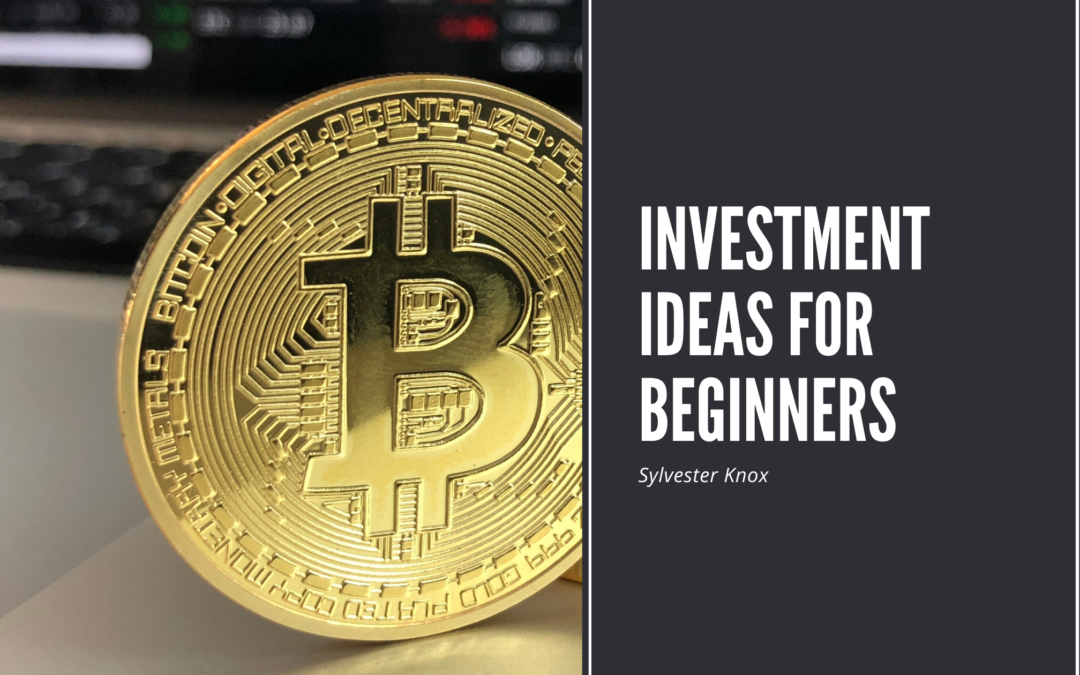Investing is a great way to turn your money into even more money. It’s also a great way to plan for your retirement. But some investments are riskier than others. If you’re new to investing, you’ll probably want to focus on low-risk investments.
Here are four investments for those who are investing for the first time.
Certificate of Deposit
A certificate of deposit (CD) offers interest on money deposited into the CD. It’s similar to a high-yield savings account, except you must maintain the CD for six months, one year, or five years. You’ll temporarily lose access to the cash, but you’ll gain more interest than with a typical interest-bearing savings account. Accessing the money before CD maturity will cost you a penalty.
High-Yield Savings Account
A high-yield savings account offers interest on the money in your savings account. Your current bank probably has a high-yield savings account option. The interest on this type of account is generally less than you earn from a CD. But you maintain access to the funds in a high-yield savings account. There is also no set limit for how long you must maintain the account. However, most banks limit how many withdrawals you can make in a month.
401(K) or Roth 401(K)
A 401(K) or a Roth 401(K) offered by your job provides a simple way to start investing. Contributions to a 401(K) occur before taxes, and the investment grows tax-free until you retire. Contributions to a Roth 401(K) occur after taxes. And there are no taxes due on withdrawals when you retire.
Stocks
Investing in stocks is riskier than the methods mentioned above. However, stock investing has the potential to offer great returns. Before investing in any business, learn all you can about that business. Most people invest in stocks for the long term, which usually means holding a stock for around five years.
Important Investment Rule
When dealing with investments such as stock, never invest more than you can afford to lose. Also, make sure to keep a portion of your funds available for immediate use. For example, avoid putting all of your savings into a CD. Keep some funds in an accessible account that you can access at a moment’s notice.

